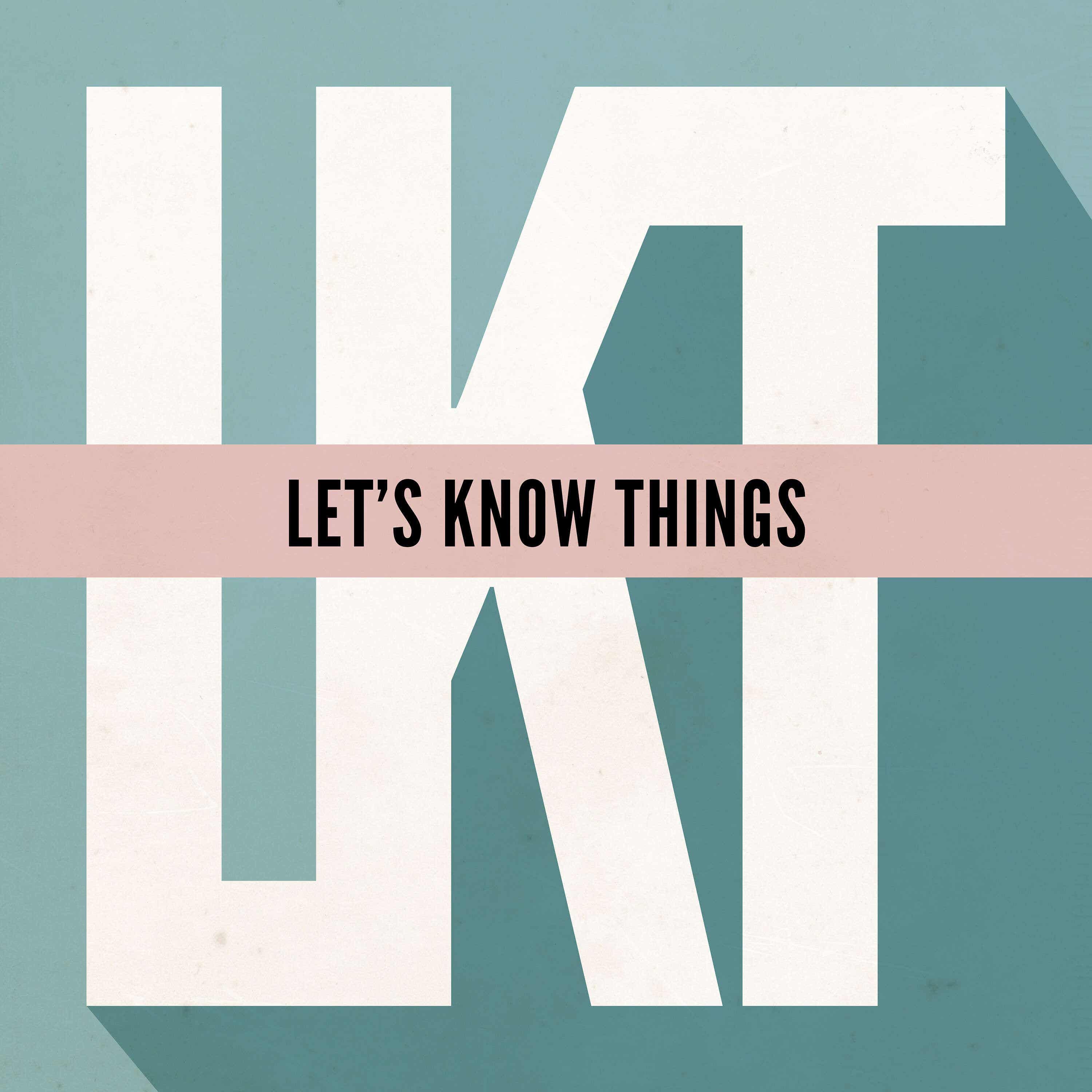DRC Conflict
Description
This week we talk about the Rwandan genocide, the First and Second Congo Wars, and M23.
We also discuss civil wars, proxy conflicts, and resource curses.
Recommended Book: Everyday Utopia by Kristen R. Ghodsee
Transcript
The Democratic Republic of the Congo, or DRC, was previously known as Zaïre, a name derived from a Portuguese mistranscription of the regional word for "river."
It wore that monicker from 1971 until 1997, and this region had a rich history of redesignations before that, having been owned by various local kingdoms, then having been colonized by Europeans, sold to the King of Belgium in 1885, who owned it personally, not as a part of Belgium, which was unusual, until 1908, renaming it for that period the Congo Free State, which was kind of a branding exercise to convince all the Europeans who held territory thereabouts that he was doing philanthropic work, though while he did go to war with local and Arab slavers in the region, he also caused an estimated millions of deaths due to all that conflict, due to starvation and disease and punishments levied against people who failed to produce sufficient volumes of rubber from plantations he built in the region.
So all that effort and rebranding also almost bankrupted him, the King of Belgium, because of the difficulties operating in this area, even when you step into it with vast wealth, overwhelming technological and military advantages, and the full backing of a powerful, if distant, nation.
After the King's deadly little adventure, the region he held was ceded to the nation of Belgium as a colony, which renamed it the Belgium Congo, and it eventually gained independence from Belgium, alongside many other European colonies around the world, post-WWII, in mid-1960.
Almost immediately there was conflict, a bunch of secessionist movements turning into civil wars, and those civil wars were amplified by the meddling of the United States and the Soviet Union, which supported different sides, funding and arming them as they tended to do in proxy conflicts around the world during this portion of the Cold War.
This period, which lasted for about 5 years after independence, became known as the Congo Crisis, because government leaders kept being assassinated, different groups kept rising up, being armed, killing off other groups, and then settling in to keep the government from unifying or operating with any sense of security or normalcy.
Eventually a man named Mobutu Sese Seko, usually just called Mobutu, launched a real deal coup that succeeded, and he imposed a hardcore military dictatorship on the country—his second coup, actually, but the previous one didn't grant him power, so he tried again a few years later, in 1965, and that one worked—and though he claimed, as many coup-launching military dictators do, that he would stabilize things over the next five years, restoring democracy to the country in the process, that never happened, though claiming he would did earn him the support of the US and other Western governments for the duration, even as he wiped out any government structure that could oppose him, including the position of Prime Minister in 1966, and the institution of Parliament in 1967.
In 1971, as I mentioned, he renamed the country Zaïre, nationalized all remaining foreign owned assets in the country, and it took another war, which is now called the First Congo War, to finally unseat him.
And this conflict, which began in late-1996, spilled over into neighboring countries, including Sudan and Uganda, and a slew of other nations were involved, including but not limited to Chad, the Central African Republic, Rwanda, Burundi, Angola, Eritrea, South Africa, Zambia, Zimbabwe, Ethiopia, and Tanzania, alongside foreign assistance granted to various sides by France, China, Israel, and covertly, the United States.
The conflict kicked off when Rwanda invaded Zaïre, more neighboring states joined in, all of them intending to take out a bunch of rebel grou
More Episodes
This week we talk about neural networks, AGI, and scaling laws.
We also discuss training data, user acquisition, and energy consumption.
Recommended Book: Through the Grapevine by Taylor N. Carlson
Transcript
Depending on whose numbers you use, and which industries and types of investment those...
Published 11/19/24
Published 11/19/24
This week we talk about the Double Reduction Policy, gaokao, and Chegg.
We also discuss GPTs, cheating, and disruption.
Recommended Book: Autocracy, Inc by Anne Applebaum
Transcript
In July of 2021, the Chinese government implemented a new education rule called the Double Reduction Policy.
This...
Published 11/12/24


